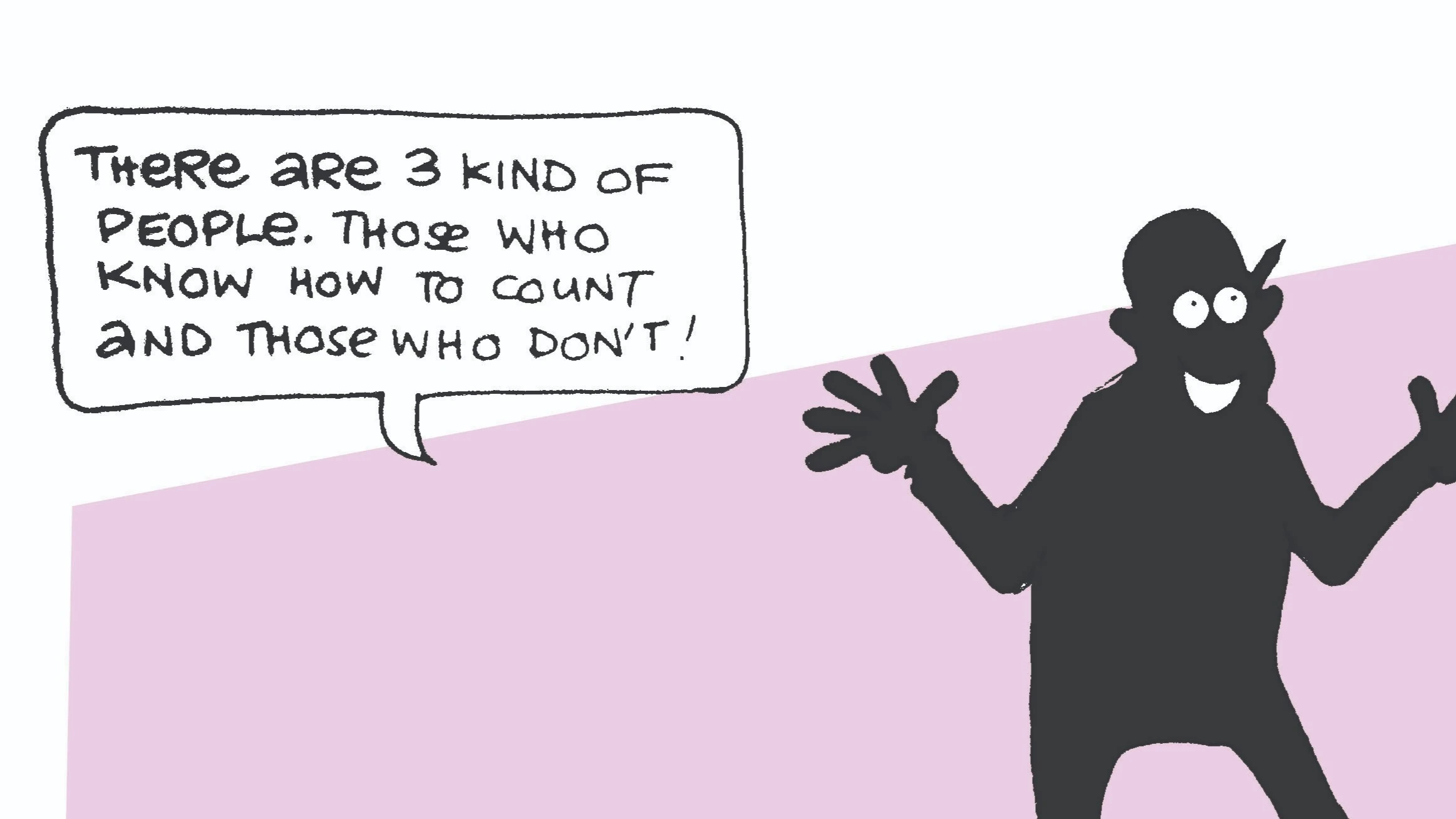Fintech needs to be less of a buzzword and more of a usable, marketable item

EFFORTS are being directed at soliciting key players in the financial technology ecosystem, and that demands some mental effort to space out, with an association of stakeholders determined to boost the capabilities of local financial technology developers.
There was recently a seminar bent on equipping fintech innovators with practical, market-oriented outreach strategies designed to expand access to digital financial services.
Yet, with banks installing automatic teller machines in outlying areas of major urban streets and layers of mobile cash transfer service providers, it is hard to figure out how much of this service demands capabilities.
When financial technology is part of market activity, it needs no exceptional drives or drawing out groups of unemployed youths to inform them about how to use mobile phones in offering such services, as all they need is capital.
And it doesn’t follow that whoever ventures into that business will likely succeed – that is, for anyone with knowledge of the core elements of a marketing strategy: product, price, place and promotion.
It also matters where one opens a business, the sort of personality such a person is, etc. Many small business prosper or fail on account of personality or habits of service providers –with the use of even tiny surpluses as well as customer care also finally counting.
Efforts to enhance financial inclusion across the country at times look like a ‘non-starter’ where some people create projects to have some state agency disburse some funds to them some particular service.
There could be various reasons for state agencies to accept such proposals, one being they themselves believing that youths need to be taught to be financial innovators – when no one is taught to use a mobile phone.
Meanwhile, those familiar with projects best suited for youths or most likely to benefit youths may soon realise that groups or individuals lined up for such activities are often tied with officials pushing particular projects officials for particular ends.
There would thus be no need for outward efforts to marshal groups of youths to inform them of the sort of things they learn by owning a mobile phone or in a computer application sessions – for what they need are opportunities and not mere skills.
This sort of outreach is relevant when youths are still in school and especially eager to learn. Once they are classified among the unemployed, what is needed most is tapping them first for their labour and any skills they may have.
This strategy doesn’t involve business groups outright, in which case its chances of easy connection with profitable activity could be minimal or negligible.
Reports talk of strategic cooperation between some commercial bank and a fintech association focused on fostering innovation and expanding loan facilitation while promoting the development of digital financial products tailored to local needs.
The bulky formulation has diverse elements usable for different groups of people, where innovation is something for those practising programming and who must thus have attended information technology application classes.
The more usable element is expanding loan facilitation, presumably to widen banks’ efforts to reach clients – probably including post-school IT application students.
Top Headlines
© 2025 IPPMEDIA.COM. ALL RIGHTS RESERVED

















